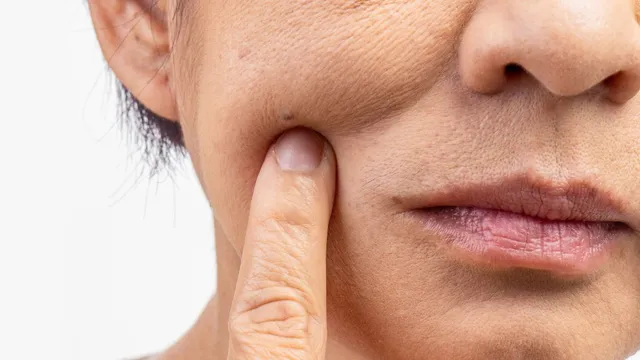- By Iram Hussain
- Thu, 14 Aug 2025 06:54 PM (IST)
- Source:JND
Stress isn't just a weight on your mind; it can also make an apparent mark on your skin. Your skin is a reflection of your inner well-being and when your stress level is elevated, it tends to respond in apparent ways. These are some of the typical skin changes associated with stress and why they occur. In a conversation with The Daily Jagran, Dr. Ruben Bhasin Passi, Consultant, Dermatologist, CK Birla Hospital Gurugram explained how stress reflects oin your skin.
Ways Stress Manifests On Your Skin
Breakouts And Acne Flare-Ups
When you’re stressed, your body produces more cortisol, a hormone that increases oil production in the skin. Excess oil can clog pores, leading to acne breakouts, even if you’re not usually prone to them. Stress can also worsen pre-existing acne conditions, making flare-ups more frequent or severe.
ALSO READ: How Stress Can Impact Your Skin? Expert Lists Simple Ways To Keep Your Skin Healthy
Dryness And Irritation
Stress can compromise the skin's natural defence barrier, lessening its capacity for moisture retention. As such, your skin can become dry, flaky or more sensitive than normal. This also facilitates the entry of irritants, causing redness and irritation.
Exacerbation Of Pre-existing Skin Conditions
Chronic stress tends to exacerbate skin conditions such as eczema, psoriasis and rosacea. The inflammation response initiated by stress hormones tends to trigger flare-ups in these conditions, making them harder to treat without intervention.
Premature Ageing Signs
Chronic stress speeds up collagen and elastin breakdown, proteins that maintain your skin's firmness and youthfulness. With time, this can cause wrinkles, fine lines and loss of skin elasticity—premature ageing signs that can come earlier than one anticipates.
ALSO READ: How Anti-Inflammatory Benefits Of Matcha Support Acne-Prone Skin? Dermatologist Explains
Heightened Sensitivity And Allergic Reactions
Stress may disturb your immune system which can lead your skin to become more sensitive. You can experience hives, rashes, or strange itching when you're experiencing extended periods of tension.
Treating Stressed Skin
Stress management is as crucial to your skin as it is to your body. Adding stress-reducing activities such as meditation, deep breathing or yoga to your routine can prevent stress from building up. Combine this with a gentle skin regimen cleansers, moisturisers and sunscreen and lock in your skin barrier. And if skin issues endure, a dermatologist can suggest specific treatments.

